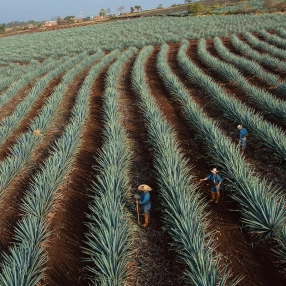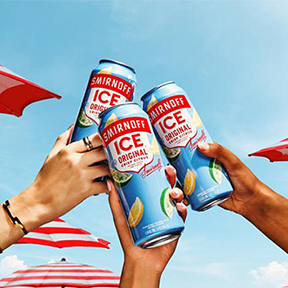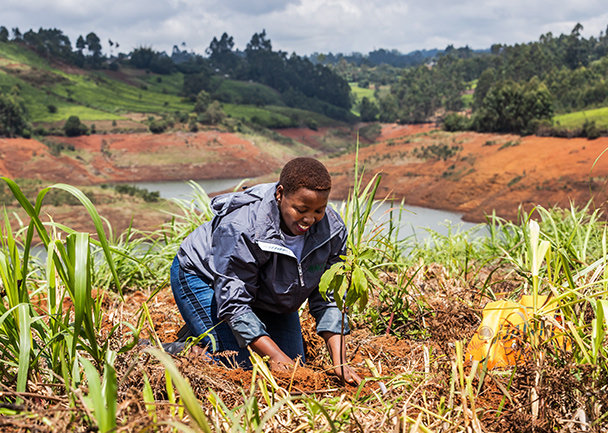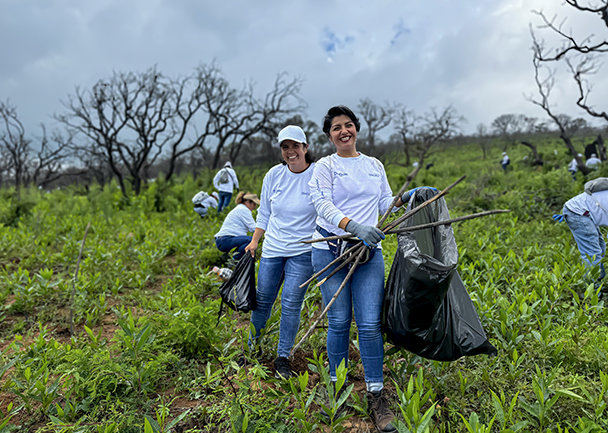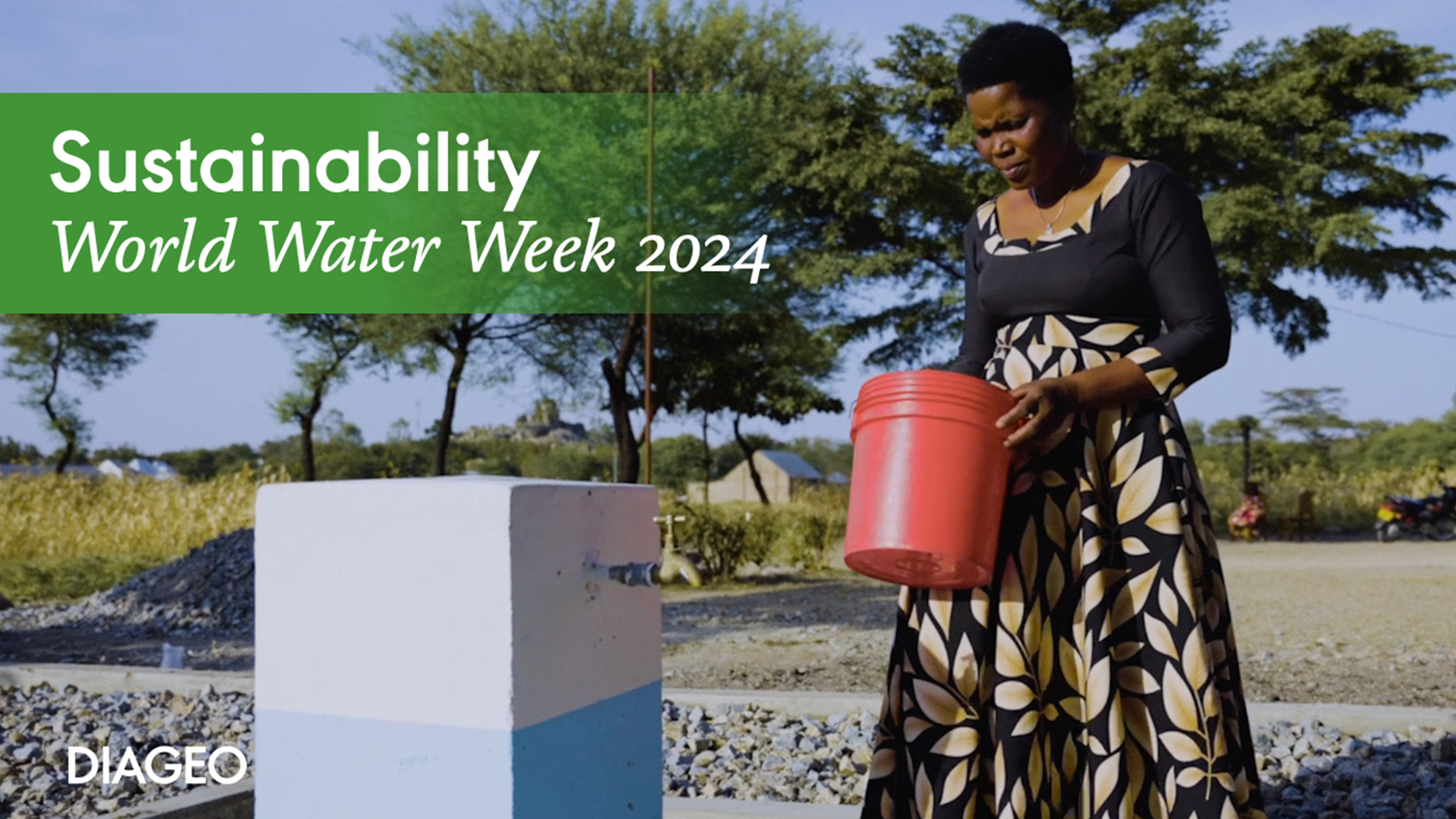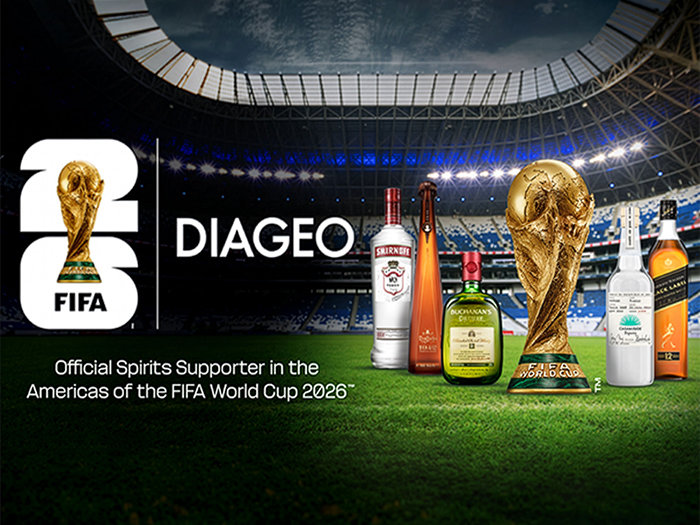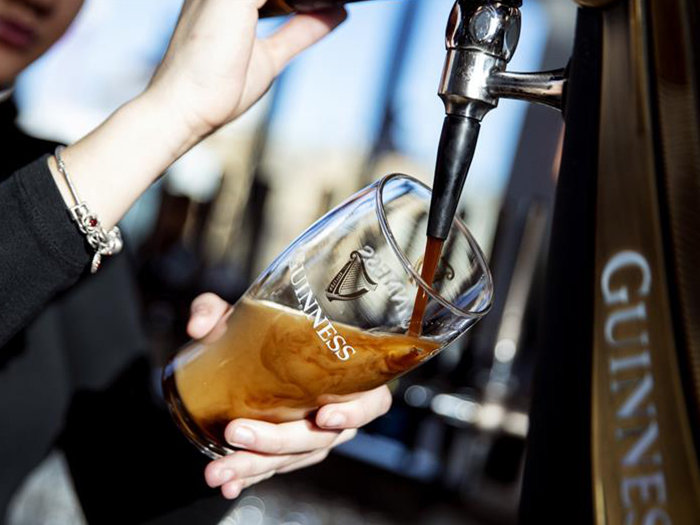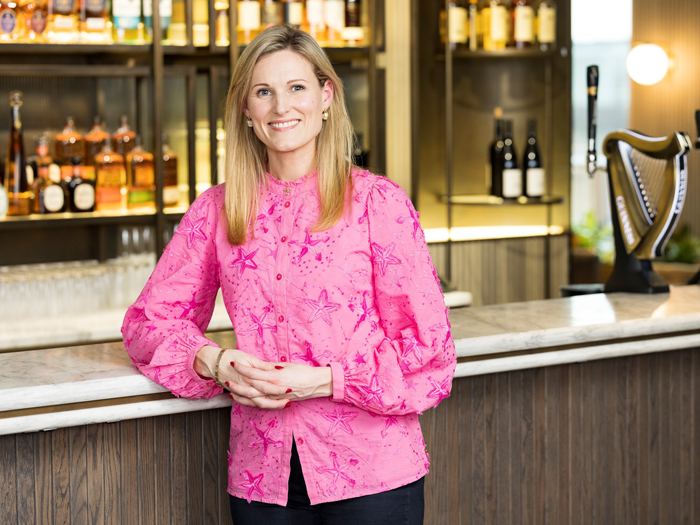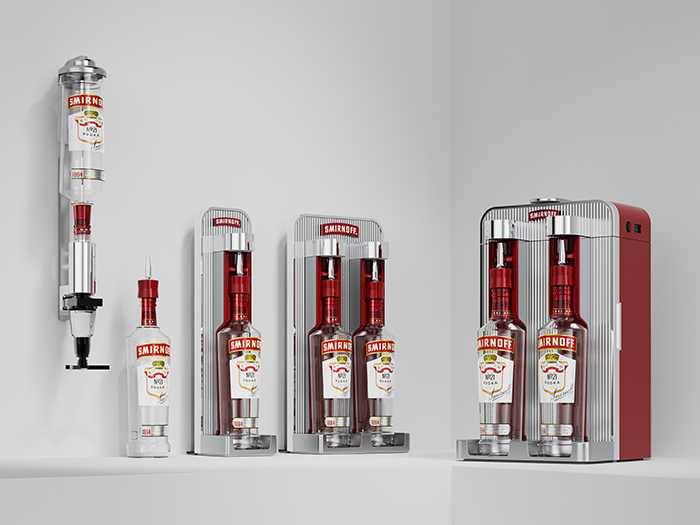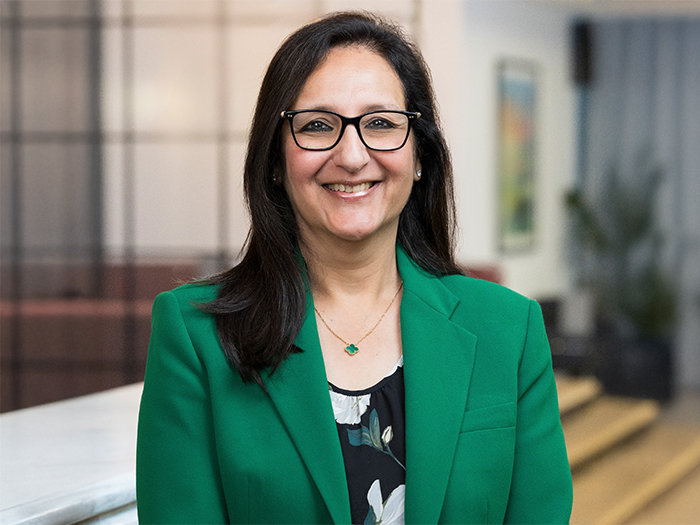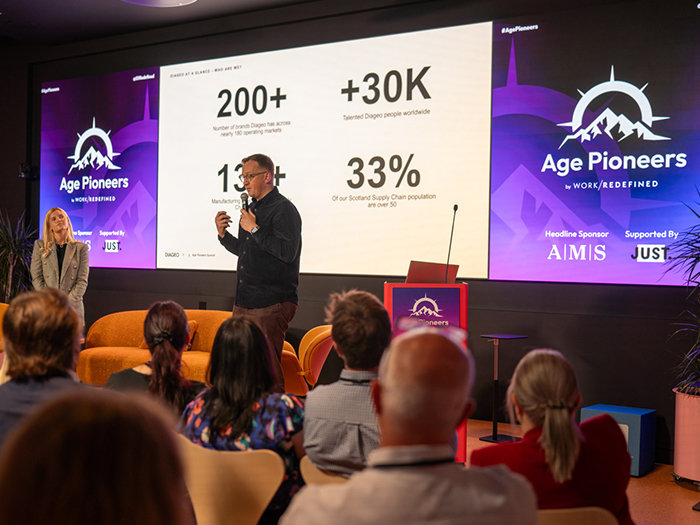We’re a global leader in premium drinks, the most exciting consumer products space.
This week, we’re marking World Water Week which provides the opportunity for subject matter experts, companies, and civil society to come together and recognise the important part we can all play to preserve water.
We’re proud to be attending World Water Week in Stockholm, as Diageo has done for nearly a decade. We’ll be participating in many discussions and panels including on collective action in practice, the barriers, and challenges around corporate engagement in collective action, and empowering women to tackle climate change impact in West Africa.
The important topic of partnerships and collaboration is at the very heart of our strategy on water. We appreciate the power and necessity of collective action, so we’re going above our current 2030 goal of 12 water basins and expanding to 20. We’re basin champions in three of these basins, which means we serve as convening agents and ambassadors to drive collective action to happen.
To give an example, we’re active members of the Charco Bendito collective action in Jalisco, Mexico. Recently Diageo volunteers from across the business have planted nearly 14,000 trees to reforest 30.4 hectares of land, increase the ground infiltration of the basin, and improve the access to water for the local communities. The initiative means 25,780 trees have been planted in two years, an area the equivalent of 76 football fields, aiding the restoration of the micro-basin Arroyo Grande de San Lucas-Tamina that is part of the Santiago River basin, where Diageo’s tequila operations are based.
Alongside collective action, we have a steadfast focus on water replenishment by restoring the water we’ve extracted locally for our operations. We focus on the communities around our sites and in our raw material sourcing areas because these are the areas most impacted by our water footprint.
Our action includes providing access to clean water, sanitation, and hygiene (WASH) which helps reduce risk of illness, increases job opportunities for women, and builds community resilience to climate change by providing clean, quality drinking water. Our replenishment programme also includes investing in rainwater harvesting, reforestation, desilting ponds, restoring wetlands, and repairing leaks. We’ve already achieved our WASH target for 2030, meaning all nine of the markets included in our goal have invested in WASH projects since 2020.
Watch the video below to see a WASH pilot project in action in Kabila, Tanzania, and witness how it empowers women and their communities economically.
We’re excited to participate in World Water Week this week. We recognise the significant challenges, but we’re pushing ourselves further, and we’re optimistic we can all work together to address the water crisis. By maintaining our focus on water, we hope our action will ensure our sites, supply chains and communities build resilience in a fast-changing and unpredictable climate. Read more about our progress in this year’s Annual Report.



